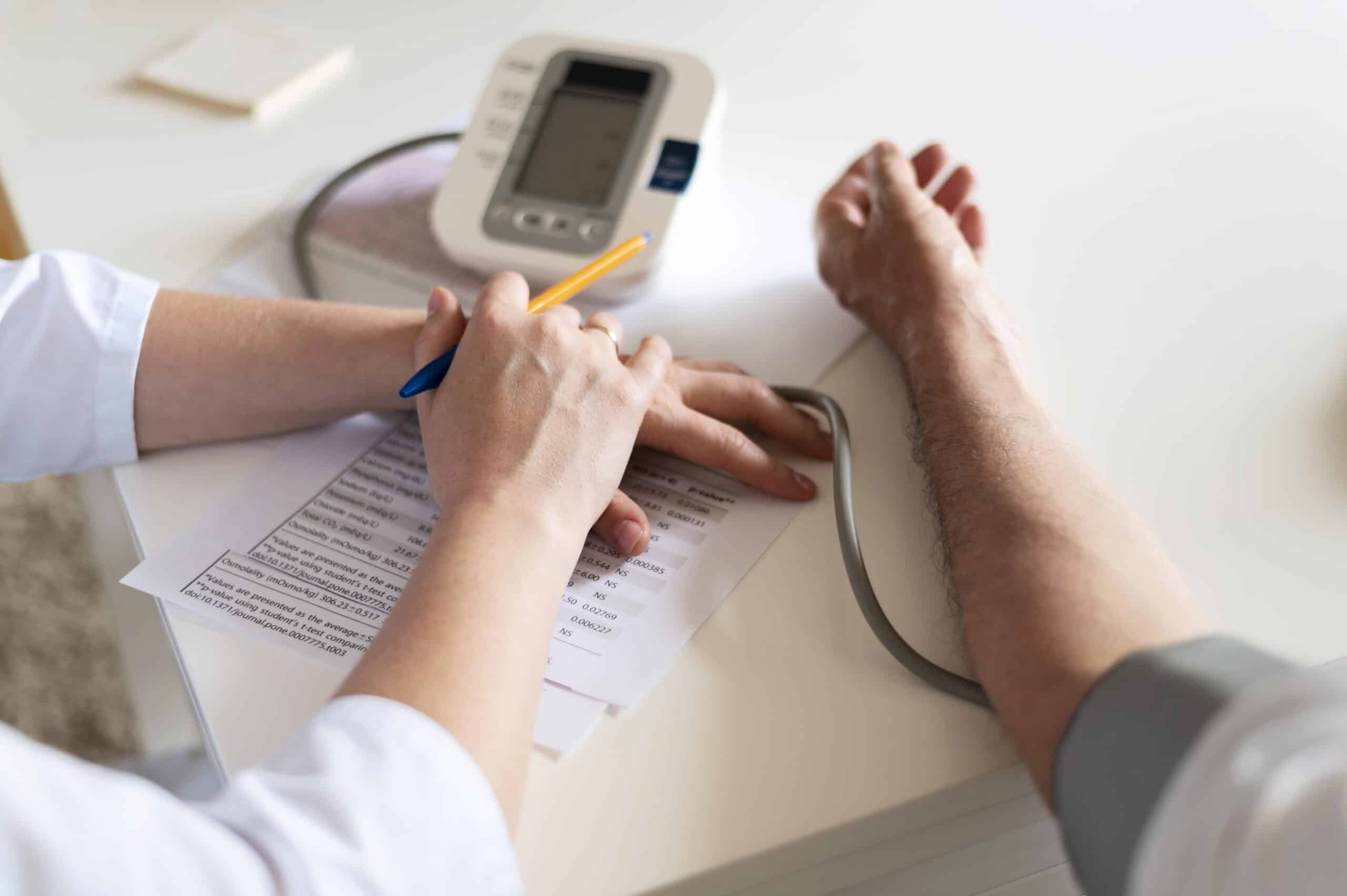Correspondingly, individuals who consider themselves "night owls" may find it valuable to delve into their lifestyle choices, as their evening chronotype appears to have an increased risk of
type 2 diabetes.In a significant research study, data was meticulously analyzed from a vast cohort of 63,676 female nurses participating in the Nurses' Health Study.
This comprehensive investigation encompassed various facets of their lives, including self-reported chronotype, dietary habits, weight, BMI, sleep patterns, smoking history, alcohol consumption, exercise levels, and family history of diabetes.
Correspondingly, individuals who consider themselves "night owls" may find it valuable to delve into their lifestyle choices, as their evening chronotype appears to have an increased risk of type 2 diabetes.
In a significant research study, data was meticulously analyzed from a vast cohort of 63,676 female nurses participating in the Nurses' Health Study.
This comprehensive investigation encompassed various facets of their lives, including self-reported chronotype, dietary habits, weight, BMI, sleep patterns, smoking history, alcohol consumption, exercise levels, and family history of diabetes.

